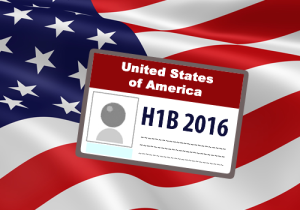VWP Announcement: e-Passports
Department of Homeland Security Secretary Jeh Johnson announced that visitors coming to the United States through the Visa Waiver Program must have an e-passport. If they do not have an e-passport, they will be required to obtain the proper visa to travel to the United States. The e-Passport contains an electronic chip, storing the individual’s name, date of birth, and general biographic information. The purpose of this mandate is to strengthen border security for the United States and also to protect individual travelers from identity theft.
The Visa Waiver Program applies to individuals from 38 countries that have low incidence rates of visa fraud. Instead of having to apply for and obtaining B-1/2 visas, individuals can apply for 90 days of visitation to the US through ESTA. The Visa Waiver Program has been under heavy scrutiny in the past few months, as legislators fear that it allows easy access to the United States for dangerous individuals. Legislation was passed in December 2015 to strengthen safeguards to the program.
